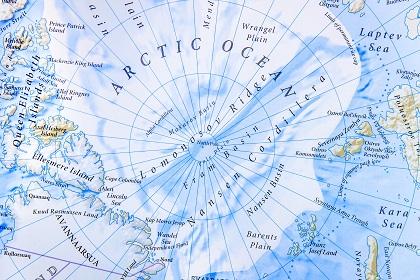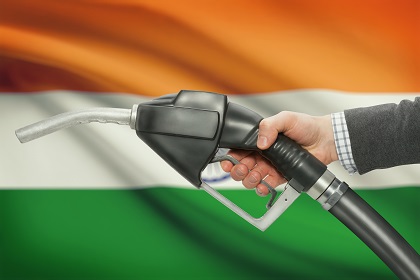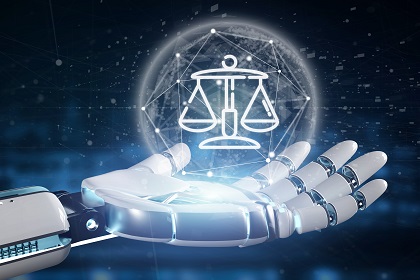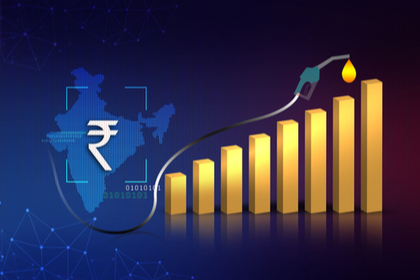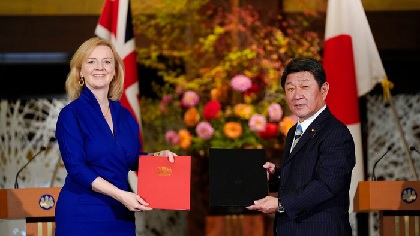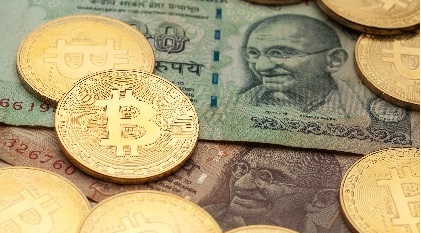Siemens, Kalwa: Successful brownfield transformation
The 50-year-old Siemens facility in Kalwa adopted the Internet of Things, cloud and digital twin technologies to transform itself digitally and optimise manufacturing processes. It led to a 20% increase in productivity, and has made its product competitive with its German counterpart.


